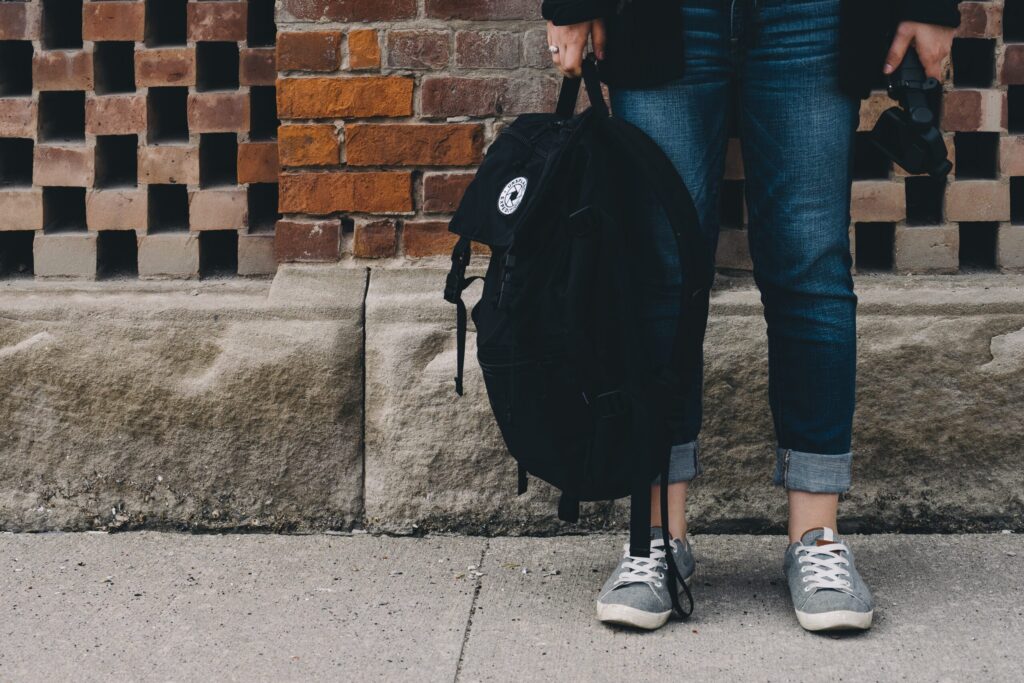If your child participates in sports or other athletic activities, it is not uncommon for them to be at risk of having a concussion. Concussions occur when the head experiences abrupt trauma, and they can cause injury long-term if not taken care of correctly. In this article, we will explore how to best return to school after a concussion, to avoid long-term side effects and ensure a speedy recovery.
First: Make Rest a Priority
First and foremost, you will want to make sure that rest is a priority. In the days following the concussion, make sure that your child gets some sleep and that rest is at the top of your to-do list. Beyond getting a solid 8 hours of sleep at night, encourage yourself or your child to take naps throughout the day on top of a good night’s sleep.
Communicate With Teachers and Faculty
Communicating with teachers and faculty should be one of the first things you do as a parent with a child who is experiencing a concussion. Your child will need to be out of school for a few days in order to make rest a priority so that they can get back on their feet. Be sure to communicate with the school so that your child is not marked absent without an excuse and to make a plan so that they can catch up on their school work.
Monitor Symptoms and Improvements
Monitoring symptoms and improvements is a great way to tell if your recovery plan is working. Make note of any symptoms or improvements so that you can share these findings with your child’s doctor to make adjustments to their treatment plan as needed, or continue doing things that are working well.
Seek Academic Support
There is a chance that your child will have trouble transitioning back into the classroom after being absent due to a concussion. Seek extra academic support from your school so that your child can catch up without causing more stress derailing their recovery plan. Advocating for after-school tutoring, test accommodations, and homework help are all great options.
Implement a Gradual Return
Implement a gradual return to school and normal life after a concussion. Instead of sending your child in for a full day in the classroom, start with half days so that they can readjust to life before having a concussion. By implementing this gradual return, you will set your child up for success and make sure they are able to handle the transition back to day-to-day life.
Be Mindful About Breaks
Even after your child has transitioned back into their normal routine, be mindful about taking breaks. You should encourage your child to take breaks throughout the day and in between activities so that they do not overstimulate their brain, and keep up with their recommended rest routine.
Always Seek Professional Help
When it comes to trauma to the head or any kind of injury for that matter, always seek professional help from your child’s pediatrician so that you can be well-informed and help your child begin a speedy recovery. For more helpful tips or to work alongside a professional who can help you craft a concussion recovery plan, contact NeuroBehavioral Associates today!

